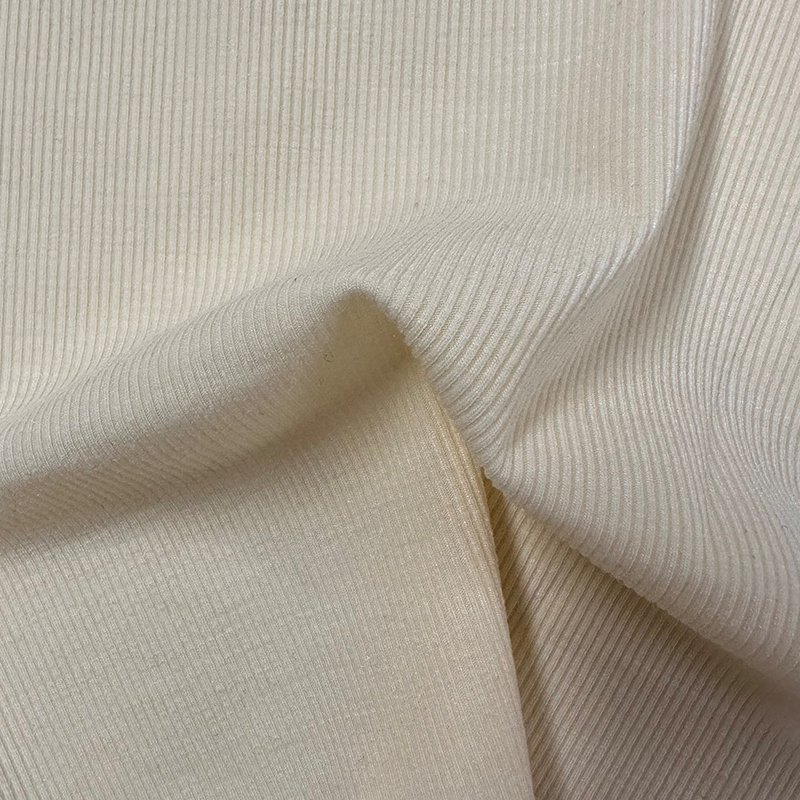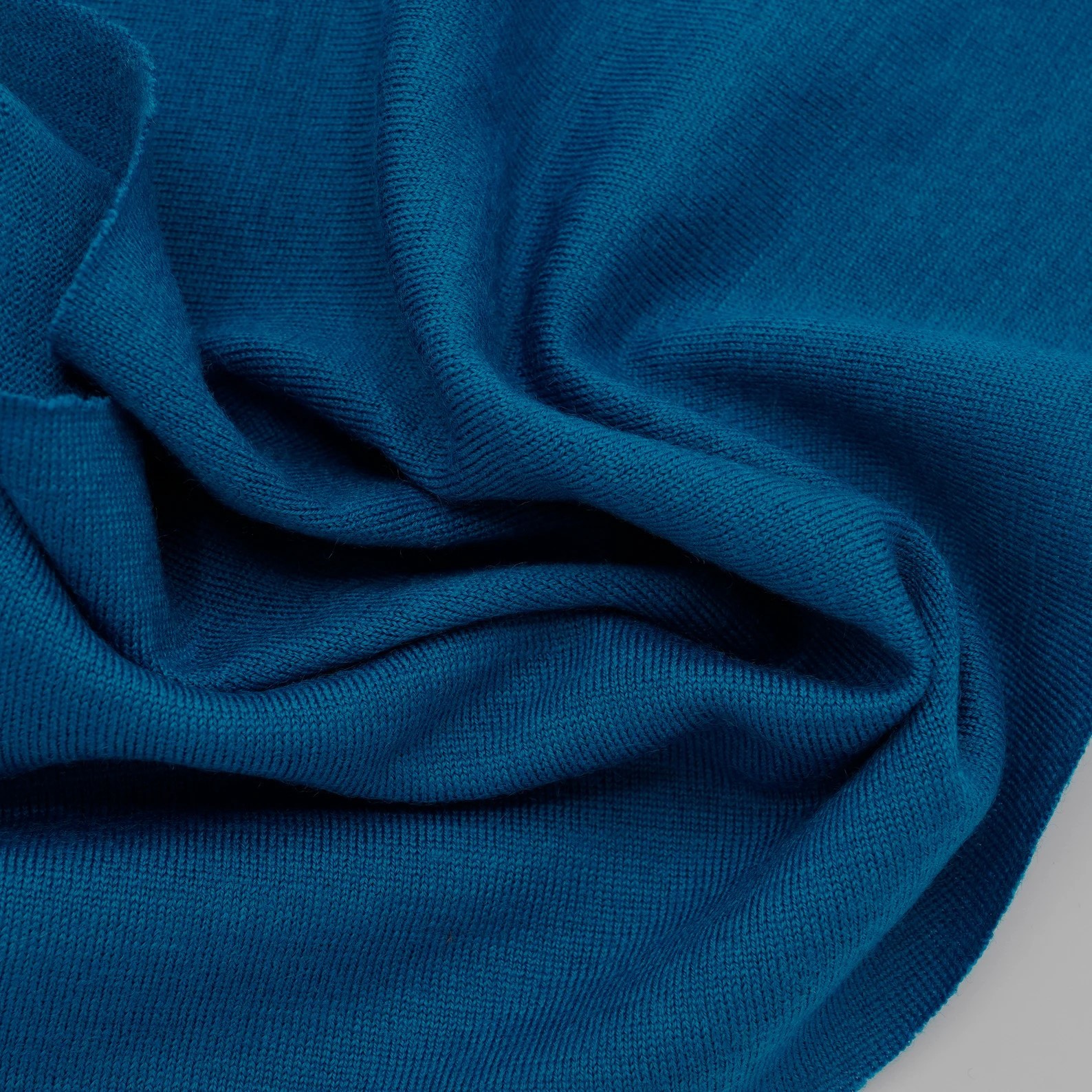 Esperanto
Esperanto
 Shqiptare
Shqiptare
 Euskara
Euskara
 Zulu
Zulu
 Latinus
Latinus
 Cymraeg
Cymraeg
 தமிழ்
தமிழ்
 Slovak
Slovak
 Slovak
Slovak
 Afrikaans
Afrikaans
Understanding Organic Merino Wool Fabric: A Sustainable Choice for Textiles
Release time:
2025-07-06
Source:
Organic merino wool is derived from sheep that are raised according to strict organic standards. This means that the animals are not exposed to synthetic pesticides or fertilizers, and their grazing lands must be free from harmful chemicals for a specified period. The result is not only a higher-quality fiber but also a product that supports animal welfare and sustainable agricultural practices.
One of the standout features of organic merino wool fabric is its remarkable insulation capabilities. The fine fibers trap air, making it an excellent choice for temperature regulation. Whether worn in the heat or the cold, organic merino wool helps maintain body temperature, providing comfort in various climates. This makes it ideal for a range of clothing items, from activewear to everyday apparel.
In addition to insulation, organic merino wool is naturally moisture-wicking. It can absorb up to 30% of its weight in moisture while still feeling dry to the touch. This property is particularly beneficial for those engaged in physical activities, as it helps to keep the skin dry and comfortable, reducing the risk of overheating and chafing.
Another aspect worth noting is the durability of organic merino wool fabric. Despite its softness, it is also resilient, resisting wear and tear over time. This longevity contributes to its sustainability, as garments made from this fabric are less likely to need replacement, reducing waste in the textile industry.
Furthermore, organic merino wool is biodegradable, meaning that at the end of its life cycle, it will decompose naturally without contributing to environmental pollution. This is a significant advantage over synthetic fibers, which can take hundreds of years to break down.
As the demand for sustainable textiles grows, organic merino wool fabric stands out as a responsible choice for both manufacturers and consumers. Its combination of comfort, functionality, and eco-friendliness makes it an appealing option for a variety of applications. Whether you are designing activewear, outerwear, or everyday clothing, consider the benefits of incorporating organic merino wool into your textile offerings. It is not just a fabric; it represents a commitment to sustainability and quality in the textile industry.
organic merino wool fabric
Related News
2025-08-21 19:00
Why Nylon Wool Fabric is the Future of Sustainable Apparel
Why Nylon Wool Fabric is the Future of Sustainable Apparel Table of Contents 1. Introduction to Sustainable Apparel and Its Importance 2. Understanding Nylon Wool Fabric: A Comprehensive Overview 3. Environmental Benefits of Nylon Wool Fabric 3.1 Reduced Resource Consumption 3.2 Lower Carbon Footprint 4. Durability and Longevity: A Wise Investment 5. Versatility in Fashion Design 6. The Growing Po
2025-08-11 18:40
The Versatility and Benefits of Wool Fabric in Textile Industry
Wool fabric, derived from the fleece of sheep, is renowned for its unique properties that make it a highly sought-after material in the textile industry. Unlike synthetic fibers, wool is a natural fiber that possesses a range of advantages, contributing to its enduring popularity among designers and manufacturers. One of the most significant attributes of wool fabric is its excellent thermal regul





